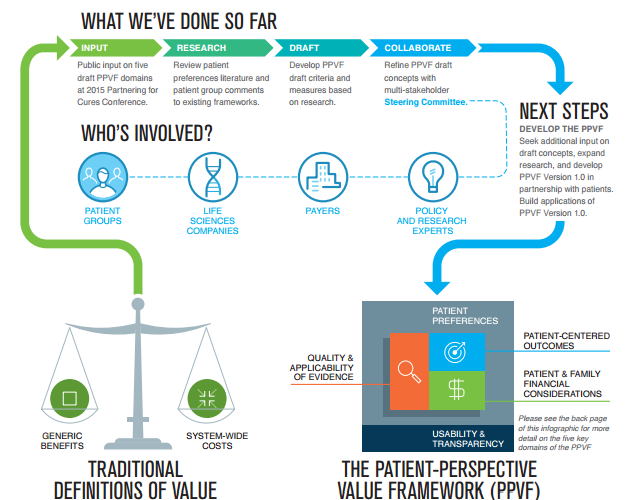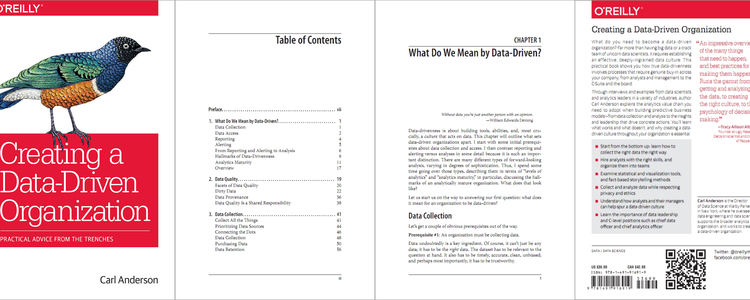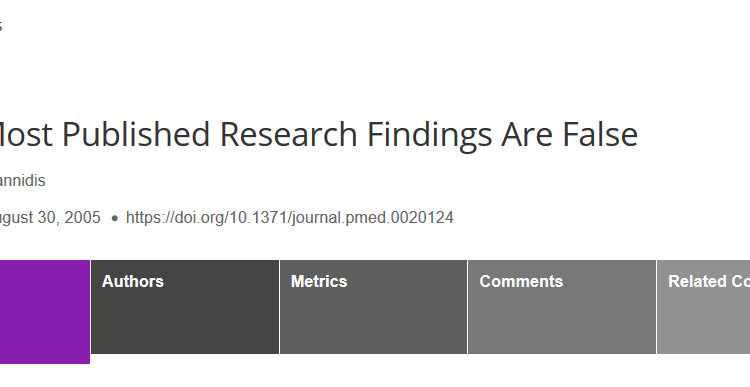1. Evidence standards → Knowing what works → Pay for success Susan Urahn says we’ve reached a Tipping Point on Evidence-Based Policymaking. She explains in @Governing that 24 US governments have directed $152M to programs with an estimated $521M ROI: “an innovative and rigorous approach to policymaking: Create an inventory of currently funded programs; review […]
1. Formalized decision process → Conflict about criteria It’s usually a good idea to establish a methodology for making repeatable, complex decisions. But inevitably you’ll have to allow wiggle room for the unquantifiable or the unexpected; leaving this gray area exposes you to criticism that it’s not a rigorous methodology after all. Other sources of […]
1. SPOTLIGHT: MCDA, a decision process for everyone. ‘Multiple criteria decision analysis’ is a crummy name for a great concept (aren’t all big decisions analyzed using multiple criteria?). MCDA means assessing alternatives while simultaneously considering several objectives. It’s a useful way to look at difficult choices in healthcare, oil production, or real estate. But oftentimes, […]
1. Bad Arguments → Bad Choices Great news. There will be a follow-on to the excellent Bad Arguments book by @alialmossawi. The book of Bad Choices will be released this April by major publishers. You can preorder now. 2. Evidence-based decisions → Effective policy outcomes The conservative think tank, Heritage Foundation, is advocating for evidence-based […]
1. Evidence → Social RCTs → Transformational change More progress toward evidence-based social programs. The Laura and John Arnold foundation expanded its funding of low-cost randomized controlled trials. @LJA_Foundation, an advocate for evidence-based, multidisciplinary approaches, has committed $100,000+ for all RCT proposals satisfying its RFP criteria and earning a high rating from its expert review […]
To be inspired, your audience needs to see how findings are reliable and relevant. Part 1 talked about creating practical checklists to ensure data-driven research is reproducible. This post describes how to deliver results that resonate with your audience. It’s nice when people review analytical findings, think “Hmmm, interesting,” and add the link to bitly. […]
1. Great stuff on data-driven decision making in a new O’Reilly book by Carl Anderson (@LeapingLlamas), Creating the Data-Driven Organization. Very impressive overview of the many things that need to happen, and best practices for making them happen. Runs the gamut from getting & analyzing the data, to creating the right culture, to the psychology […]
1. Deep knowledge → Wagering strategy → Jeopardy! win Some Jeopardy! contestants struggle with the strategic elements of the show. Rescuing us is Keith Williams (@TheFinalWager), with the definitive primer on Jeopardy! strategy, applying game theory to every episode and introducing “the fascinating world of determining the optimal approach to almost anything”. 2. Gun controls […]
This week we examine how executives can more fully grasp complex evidence/analysis affecting their outcomes – and how analytics professionals can better communicate these findings to executives. Better performance and more trust are the payoffs. 1. Show how A → B. Our new guide to Promoting Evidence-Based Insights explains how to engage stakeholders with […]
1. Much has happened since Why Most Published Research Findings Are False, the much-discussed PLOS essay by John P. A. Ioannidis offering evidence that “false findings may be the majority or even the vast majority of published research claims….” Why are so many findings never replicated? Ioannidis listed study power and bias, the number of […]






